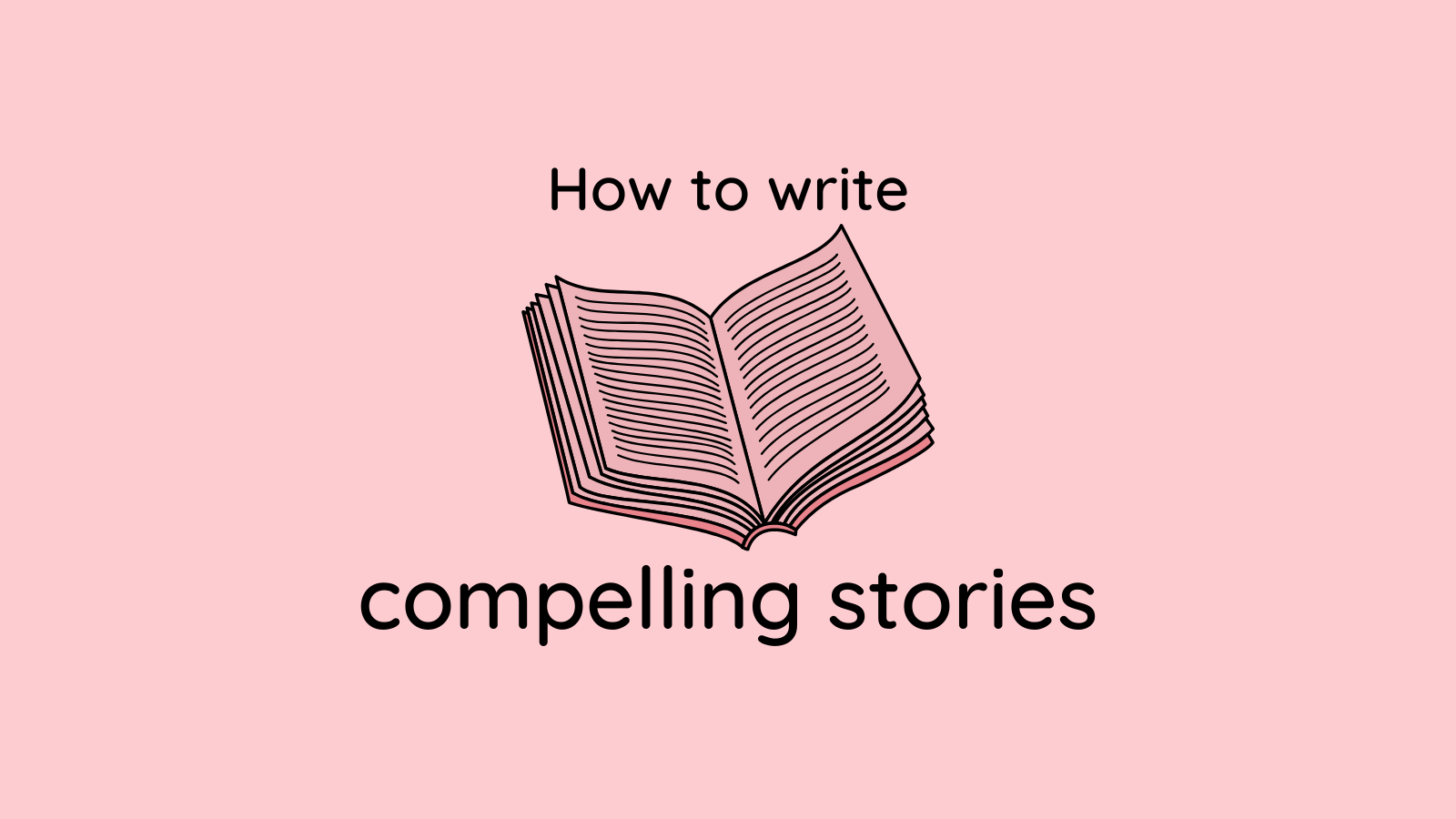Every writer hopes to make their readers feel something and sometimes, move them to action.
But as with most things in life, it is easier said than done.
So last Tuesday, we hosted a Question and Answer (Q & A) session with Wisdom Obi-Dickson to discuss how to write compelling stories.
Dickson is a seasoned writer and the Chief Editor at Hera Marketing. He shared the following tips with our Telegram writers’ community from his experience with writing compelling stories:
1. Writing engaging posts on Twitter and choosing topics
Twitter is an engaging community. And so, when different issues spring up, you can select one of the running issues to address. Even if they are not trending yet, addressing societal issues you have in your head could also work. Writing is really about telling a compelling story.
2. Word count – does it matter?
Firstly, word count is important because it gives you an expectation and something to work with. Secondly, it teaches you to write concisely. You learn to get the same result by writing less and it helps you know how to maximise words and sentence structure.
3. Challenging topics and how to overcome them
An example of a topic that can be considered challenging is that of – Sexual Market Value. It is a controversial topic because it attracts strong, opposing opinions from different people. However, following conversions about a challenging topic and conducting proper research can help you write objectively on it so people understand it better.
People form their opinions about most topics primarily from the vantage point of their environment. Even though there were already a lot of western takes on Sexual Market Value, Dickson wrote about it through the lens of a Nigerian, living in Lagos, Nigeria. Lots of his points were very relatable to his target audience, making it easy for them to engage. And engage, they did.
Moral? Do not always shy away from challenging topics, sometimes thrive on them.
4. Owning the story vs being politically correct
As a writer who strives to write compelling stories, you cannot always be politically correct. We live in a world that is trying hard to make you conform to popular ideologies. However, there is a danger in not being confident enough in your own abilities and freedom to form opinions for yourself.
It is important to have personal values and stick to them. Everyone will not always agree with you and that is okay. You will be controversial sometimes and that is okay. What you should not do is pander to the whims of others or write merely to please and conform.
5. Writer’s block
Do you remember reading for an exam and after some hours, you realize nothing is entering your head anymore no matter how much you read? You then take a break and return to it later. Writers often feel like that and in that moment, they have to take a break.
Writer’s block is basically the moment when a writer is unable to produce creative content. Writers often feel stagnant during a course and need a pause from it all.
Almost every writer struggles with writer’s block at one point or another. And this is caused by a variety of factors. For example, you could write a list of topics in a book and lose it or mistakenly erase the outline you wrote for a new article from your notes app.
After such an occurrence, you may struggle to come up with new topics, especially if you were already invested in the old one(s).
READ: How to write copy that people want to read
And sometimes, when writing, you kind of hit the rock on what to write or how to write it because how it appears matters a lot and can alter your intention as the writer.
It is a good idea to take a break and come back to it. You can think over your topics and even sleep on it before writing, whatever works for you. By the time that is over, you have probably written it all in your head and when you are ready, you can just pen it down. Thinking helps a lot.

6. Defining an audience for your writing
This is highly dependent on what you write about. Who would be interested in what you want to write about? What would you like to create for them? For instance, if you write to address social issues, your audience will basically be those who are honest enough to see the issues and willing to address them.
Some people add woke ideologies to writings targeted towards a liberal audience. It depends on what you want. Your audience will find you.
If you want to write for kids, your audience will find you. If you want to write law, your audience will find you. Aproko Doctor focuses on health and he has found his audience.
For Dickson, he has had people tell him that they like his writing because it is honest and void of agenda no matter how controversial. It is engaging and relatable for them and he is totally fine with that.
Conclusion
In order to write compelling stories, we should not just skip over senses – emotions, tastes, sight and even smells. We should bask in them and commit to making our readers feel. That is what captures the attention of the reader.
Interested in more sessions like this? Make sure not to miss our next one by joining our Telegram community here.
About Oyinkansola Ogunyinka

Oyinkansola is the Marketing Strategist at Hera, a platform that delivers content marketing services to high-growth companies. She is a fiction author, hopeless romantic and ice-cream lover. Read more from Oyinkansola.
We have worked with over 24 startups to drive conversions through increased community presence and relevant blog posts that we help distribute. To understand our process, book a 15 - 30 minutes meeting with us.






